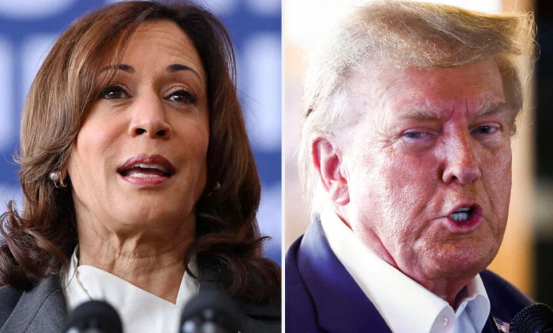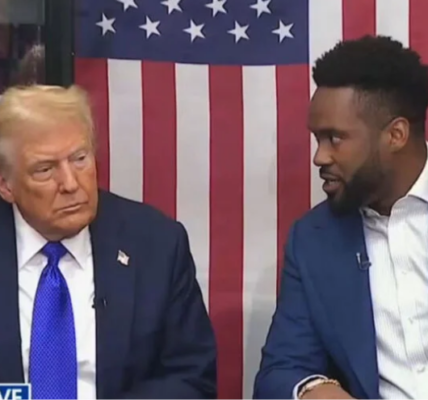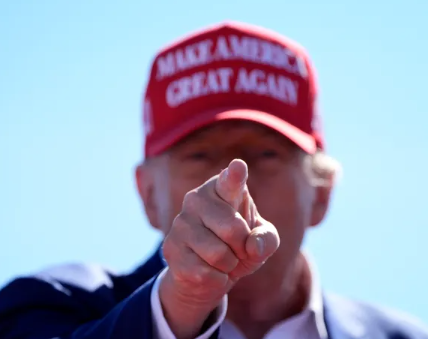
In a stunning turn of political jujitsu, Vice President Kamala Harris is systematically dismantling Donald Trump’s campaign with the very strategies he once wielded so effectively. This isn’t just a twist of fate—it’s poetic justice on the political stage.
Harris’ approach is brilliantly straightforward and piercingly effective noted MSNBC contributor Ryan Teague Beckwith. Harris has distilled her campaign message into a potent combination of affirmation and ridicule: “She loves freedom and Donald Trump is weird.” It’s a simple sentence, but one that Trump’s team has struggled to counter with any semblance of coherence or effectiveness. The result? The former president remains ensnared in a constant state of rage and frustration.
Beckwith highlights that Harris’ campaign strategy mirrors Trump’s own playbook in its simplicity and repetition. Her message revolves around a powerful, emotionally charged theme that resonates deeply with both Democrats and independents. The word “freedom” is a centerpiece of Harris’ campaign, appearing no fewer than 14 times in her first ad, with Beyoncé’s anthem amplifying the sentiment. Harris’ emphasis on freedom is both a unifying and motivating force that contrasts starkly with the chaos of Trump’s narrative.
Meanwhile, Harris has embraced a more mocking and irreverent tone towards Trump, diverging from President Biden’s more serious approach. This shift has paid dividends as Democrats have adopted and amplified Harris’ characterization of Trump as “old and quite weird.” The term “weird,” in particular, has found a foothold in the discourse, making its way into the rhetoric of other Democrats and becoming a staple in their attacks on Trump.
Beckwith points out the irony in the current political landscape: Trump’s own tribalistic tactics—choosing a simple, repetitive theme to hammer home—have left Republicans vulnerable to the same kind of relentless assault. The strategy that once served Trump so well is now being wielded against him with precision and impact.
Consider the recent commentary from far-right figures like Senator J.D. Vance, whose bizarre musings have become fodder for Harris’ campaign. Vance’s outlandish claims about “747s full of Black women” being sent from Ohio to California, framed within a context of absurdity and fear-mongering, have been leveraged by Harris to highlight the disarray and extremism within Trump’s orbit. Vance himself described the scenario as “kind of creepy,” a term that Harris has expertly used to paint the Trump camp as out of touch and erratic.
This ironic twist in the political arena underscores a crucial point: Trump’s once-formidable tactics, honed in the crucible of his rise to power, have now become a double-edged sword. The simplicity and repetition that once drove his message have been turned against him with a clarity and force that has left his campaign struggling to keep up.
As Harris continues to hammer home her campaign’s core message, it’s clear that Trump’s own playbook has become a weapon in the hands of his opponents. This turn of events not only highlights the shifting dynamics of the 2024 race but also serves as a reminder of the inherent risks in using tactics that can so easily be repurposed. For Trump, the irony of being battered by his own methods is both a political setback and a cautionary tale of how swiftly fortunes can change in the tumultuous arena of American politics.



